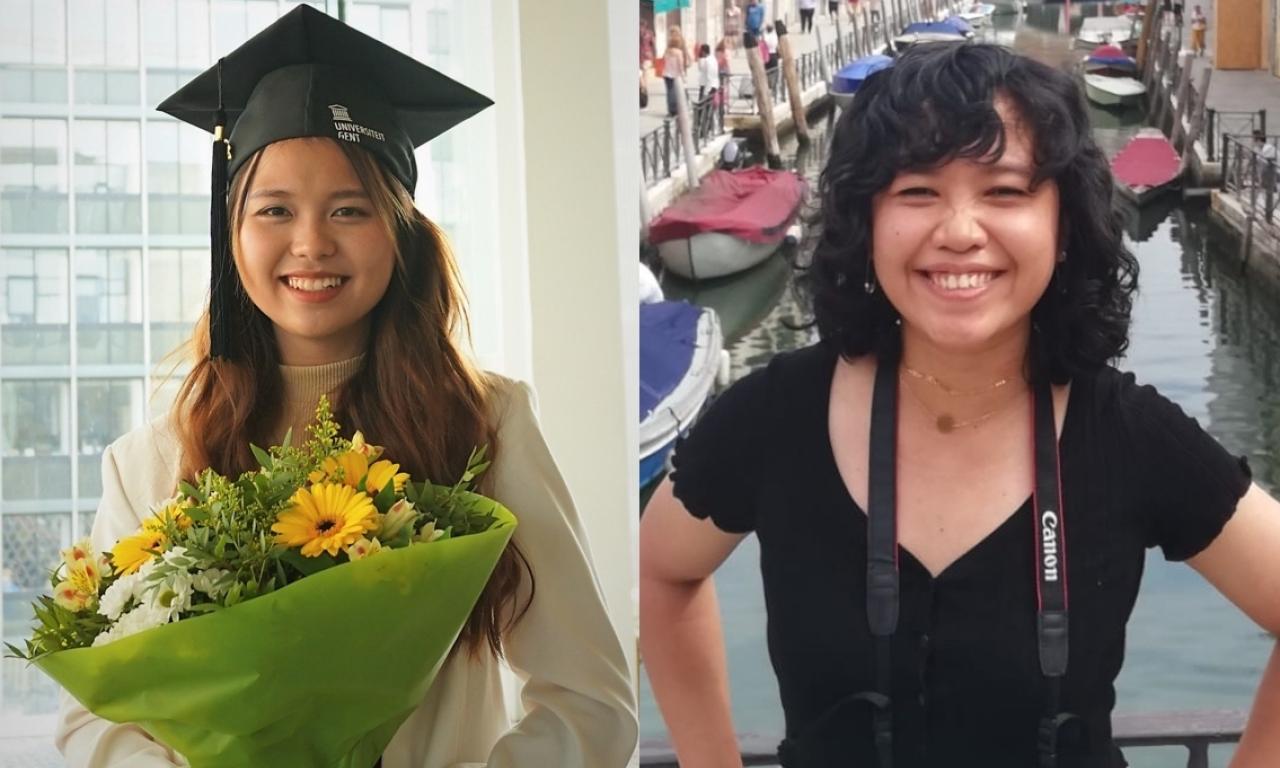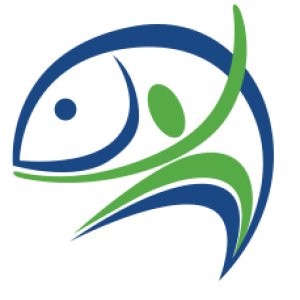
The research work will provide a better understanding of the microbiomes of farmed aquatic animals and the waters in which they grow
PENANG, December 17, 2021 – WorldFish began a partnership today with KYTOS to conduct research and development (R&D) in the field of aquaculture microbiome, particularly for carp polyculture and tilapia farming systems.
Cutting-edge high-throughput tools are providing the aquaculture sector with biological insights offering new opportunities to better understand the microbiomes of farmed aquatic animals and the waters in which they grow.
WorldFish Project Leader Dr. Colin Shelley explained:
“The better we understand the complex interactions between microbes associated with the aquatic species farmed, other organisms present in the system and the aquatic environment itself, the easier it will be in the future to make appropriate interventions to improve productivity and minimize disease incidence. This work will underpin the next generation of best management practices, generating enormous amounts of data, which can be used to drive future interactive decision-making systems for farmers.”
As a precursor to further investment in this field, WorldFish, in partnership with KYTOS, has taken on two interns. Ms. Bui Ngoc Minh Ngan will be reviewing the current state of knowledge of the microbiomes of carp polyculture systems, whilst Ms. Johnabel Huavas will be doing the same for tilapia farming systems; both key aquaculture sectors that WorldFish works in. Coincidentally, both have recently obtained their Master of Science degrees from the University of Ghent.
KYTOS Co-founder and CEO Dr. Ruben Props said:
“Organisations, such as WorldFish and individual aquaculture companies can build their own in-house microbiome knowledge bases, which through our artificial intelligence (AI) and machine learning have the potential to transform aquaculture practices across the entire value chain. In our work with the prawn farming sector, we’ve already shown how routine microbiome health insights can help identify and mitigate potential disease events in ponds and underpin improved hatchery operations.”
WorldFish Aquatic Health Specialist Dr. Jérôme Delamare-Deboutteville, who will be supporting the interns, remarked:
“The KYTOS fingerprinting technology provides another interesting tool to support other work we are engaged in using e-DNA, with other research partners, to enable us to better understand and respond to aquatic diseases in the future.”
Both interns are funded under the WorldFish project, Aquaculture: Increasing income, diversifying diets and empowering women in Bangladesh and Nigeria. The project, funded by the Bill and Melinda Gates Foundation, aims to enhance the incomes, diets and nutrition of smallholder families. It is crucial from a nutrition-sensitive perspective, as increasing women’s empowerment through the production of fish is a key pathway through which the nutrition of women and their family members will improve.
On the significance of this collaboration, Shelley elaborated:
“The Foundation has encouraged us to drive the transformation of the aquaculture sector at scale. Investing in cutting edge technology, partnering with new start-ups like KYTOS and embracing an innovative approach to aquatic food systems development with our global partners is what we do.”
WorldFish and KYTOS are in discussions with regard to future collaboration in R&D.
###
NOTES TO EDITOR
Visit the WorldFish website for more information:
https://www.worldfishcenter.org/
Photography:
https://www.flickr.com/photos/theworldfishcenter/
Press contact:
For more information or to request an interview:
Tana Lala-Pritchard
WorldFish Executive Director of Strategy, Innovation and Communications
Email: T.Lala-Pritchard@cgiar.org
and
Sean Lee Kuan Shern
WorldFish Science Communications Specialist
Email: K.Lee@cgiar.org
About WorldFish
WorldFish is an international, nonprofit research and innovation institution that creates, advances, and translates aquatic food systems science into scalable solutions. We vision an inclusive world of healthy, well-nourished people and a sustainable blue planet, now and in the future. Our mission is to end hunger and advance progress on the 2030 Sustainable Development Goals through science and innovation to transform food, land, and water systems with aquatic foods for healthier people and the planet.
For over 45 years, WorldFish's data, evidence, and insights have shaped practices, policies, and investments to end hunger and advance sustainable development in low- and middle-income countries. We have a global presence across 20 countries in Asia, Africa, and the Pacific, with 460 staff of 30 nationalities deployed where the most significant sustainable development challenges can be addressed through holistic aquatic food systems solutions. Embedded in local, national, and international partnerships, our work sets agendas, builds capacities, and supports decision-making for climate action, food and nutrition security, sustainable fisheries and aquaculture, blue economy, One Health, and AgriTech, integrating gender, youth, and social inclusion.
A core element of the 2030 WorldFish Research and Innovation Strategy: Aquatic Foods for Healthy People and Planet is focused on building the resilience of aquatic food systems to shocks, which is critical to COVID-19 response and recovery.
WorldFish is part of CGIAR, the world's largest agricultural research and innovation network.
For more information, please visit https://www.worldfishcenter.org.
About CGIAR
CGIAR is the world’s largest global agricultural innovation network. We provide evidence to policy makers, innovation to partners, and new tools to harness the economic, environmental and nutritional power of agriculture.
CGIAR has a wealth of experience and knowledge spanning 50 years that builds on a track-record of innovation and world-class research. Thanks to our funders, CGIAR research has transformed the lives of hundreds of millions of people through tangible research outcomes.
The 15 CGIAR Research Centers are independent, non-profit research organizations, conducting innovative research. Home to more than 8,000 scientists, researchers, technicians, and staff, CGIAR research works to create a better future for the world’s poor. Each Center has its own charter, board of trustees, director general, and staff. CGIAR Research Centers are responsible for hands-on research programs and operations guided by policies and research directions set by the System Management Board.
For more information, please visit https://www.cgiar.org.
About KYTOS
KYTOS is a microbiome technology start-up company developing microbiome management solutions at the frontier of technological innovation. We have our origins in the Center for Microbial Ecology and Technology (CMET) at Ghent University, from which we build on decades of world-leading expertise in the management of microbial communities.
We transform our partners into expert microbiome health stewards by empowering them with a unique blend of data science, technology and microbial ecology insights. We have a strong focus on agri- and aquaculture applications, but have a large portfolio in fermentation, drinking- and process water and niche sectors as well.
For more information, please visit https://kytos.be.
